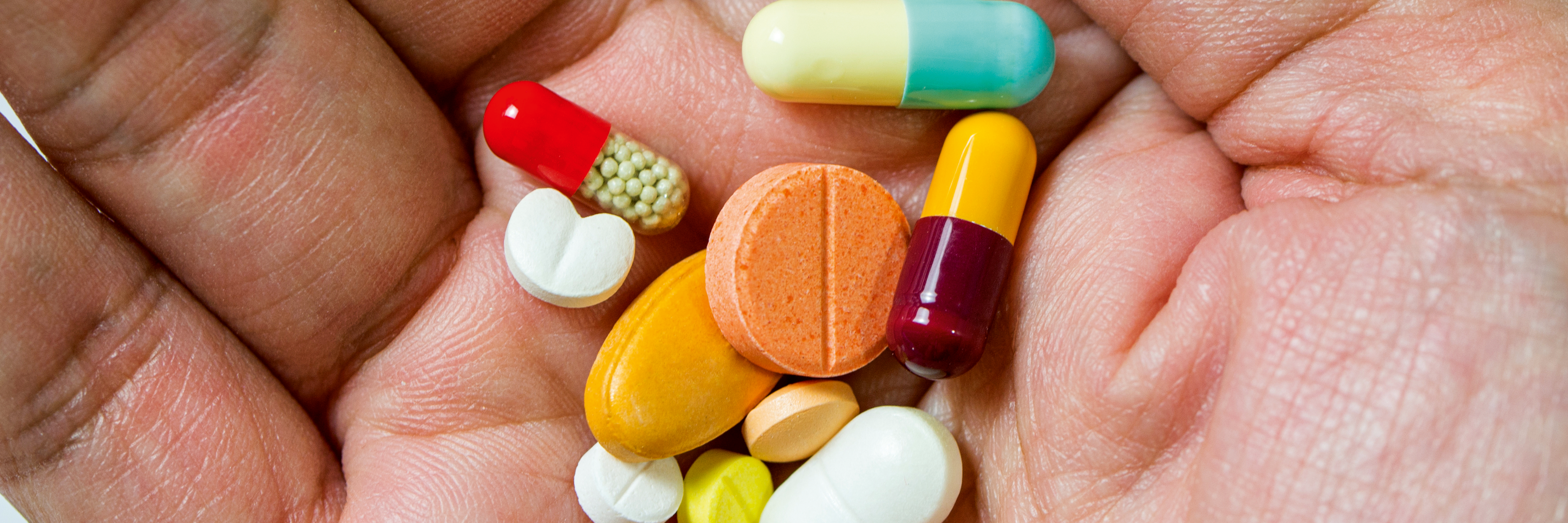Precision pharmaceuticals
Predicting the right doses of the right drugs at the right times
Living longer is a benefit of modern society, yet our lifestyle and age increase our disease burden. A quarter of people who are 65 and older take five or more medicines every day, cocktails that sometimes have unexpected adverse effects or little efficacy. Understanding how we metabolise drugs individually (drug-gene interaction), and how the drugs interact with each other (drug-drug interaction), becomes increasingly complex the more medicines we take.
A cross-disciplinary team from three institutes is collaborating to develop precision pharmaceuticals that predict the right doses of the right drugs at the right times. Real-world drug combinations from proton-pump inhibitors, blood thinners, anti-hypertensives, statins, pain killers and more are tested in organ-on-chip human in vitro models to study their interactions when absorbed and metabolised.
Those models comprise patient-derived cells with different metaboliser profiles to reflect the heterogeneity of our population. Feeding this data into in silico models allows prediction of dosage adjustments to achieve the best treatments with the fewest side effects.
In the next phase of the project, the team will join forces with drug manufacturers to work on the next generation of medicines that can be individually dosed. Instead of fixed-dose tablets, drugs will be formulated in so-called micropellets, which are easy to swallow and perfect for personalised dosages.
“Imagine! In the future, patients can go to their pharmacy, and based on their pharmaco-genetic profile and prescriptions, receive precision pharmaceuticals that have been custom-made for them” envisions Prof. Dr. Johannes Mosbacher, who is leading the project.
As it once was in the past, pharmacists would be those who prepare the medicines for patients, this time with help of 3D printers or micropellet sorting machines.
Key facts | |
|---|---|
Patients / Target Groups: | Older adults, people taking multiple medicines |
Partners: | DOPPL SA, Glatt GmbH |
Financing: | Stiftung FHNW, Innosuisse 44386.1 |

